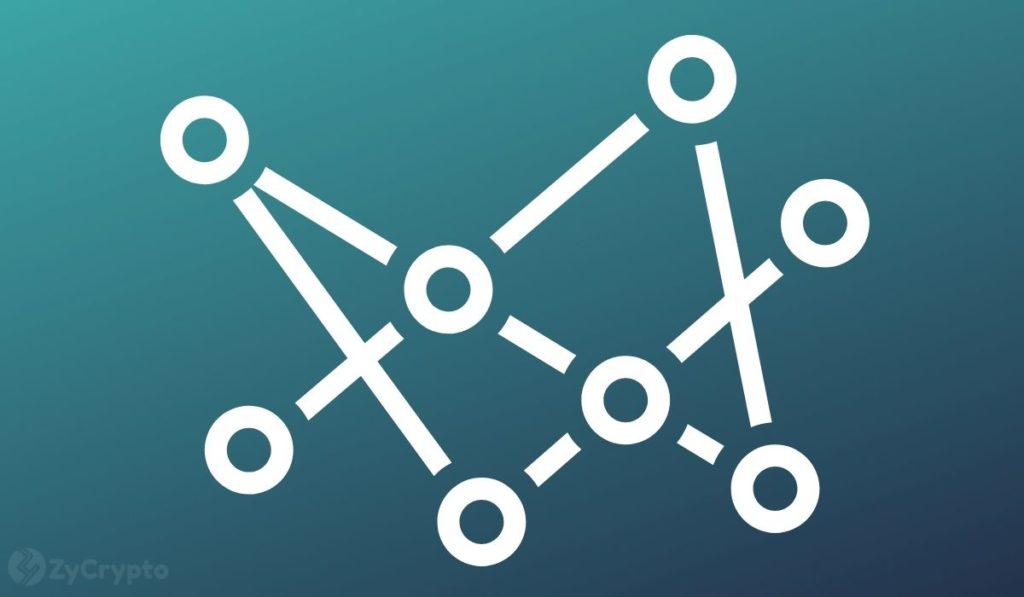
- The Polygon network is experiencing sluggishness in transaction speed and gas spikes.
- Sunflower Farmers have been discovered as the source of the unintended attack.
- Polygon became popular due to its network efficiency and is championing a lot of blockchain initiatives.
Polygon has experienced fee hikes in recent days. A play-to-earn game built on the network, it seems, is to blame.
Unintended DDOS Leads To Sluggishness And Gas Spike
Polygon, a layer-two solution built on Ethereum and famous for its fast processing speeds and low rates, has been thrown off balance by an agriculture game built on the network called Sunflower Farmers.
Users took to social media to complain about multiple failed transactions and sluggishness in the processing of transactions. While networks like Solana and Ethereum itself have faced similar issues in the past due to an intricate DeFi project and an NFT drop, respectively, it has surprised many that the cause of this issue is a simple game where players strive to gather resources.
Several experts have compared the situation to an unintended distributed denial of service (DDOS) attack where multiple IPs target the bandwidth or resources of a single server.
It is believed that the impact of this unintended attack on the Polygon network is far greater than the slowdown the Ethereum network experienced over four years ago, caused by Cryptokitties, an NFT that gained popularity at the time. The Ethereum network was slowed down for weeks during the period.
At the moment, with the rise in the use of network resources, transaction fees have gone up to about 50 cents, from less than a cent previously, more than fifty times their previous value. Active addresses on the Polygon network have also spiked by over 60% in less than a week. It is believed that many of these are bots used by some players to gather resources in the game.
The use of bots in play-to-earn games is nothing new. Big play-to-earn game titles like Axie Infinity have also had difficulty identifying bot activities in their games.
The co-founder of Nascent, a crypto investment firm, Dan Elitzer, commented on the incident by questioning the sustainability of running a blockchain with very minimal fees.
“Perfect example of why monolithic L1s w low fees are not sustainable long term. If you make global state&computation ~free, people will do stupid shit until it breaks or the price increases enough to make them stop. There is no TPS high enough for this.”
The Reaction
Polygon currently trades at $2.06 and has a market capitalization of 14.82 billion which leaves it as the 14th largest cryptocurrency. Over the last week, MATIC has fallen by as much as 19% while trading volumes are down by a staggering 49.05%.
In December, the network revealed that they were investing a billion dollars in a project dubbed zk-STARK, a decentralized app that will enable users to prove they hold certain information without divulging it. The network also collaborated with Seven Seven Six to launch a $200 million dollar fund to encourage the building of web 3.0 social media platforms.





















